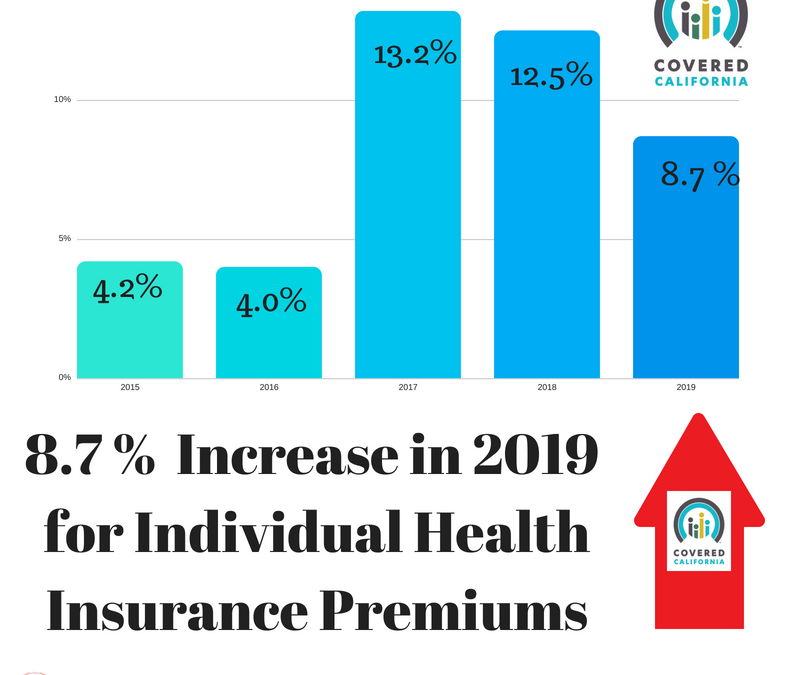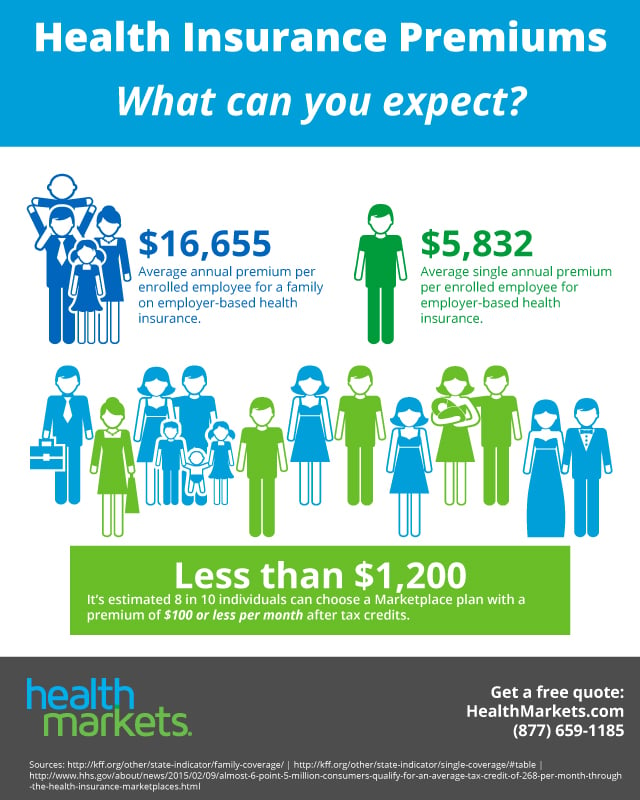I have avoided it lot of times, and my number has yet to come up. If it ends up that I need to cancel or disrupt, I'll simply need to take my monetary lumps I played the chances and lost. However in some cases it's probably a great idea to get this coverage for example, if you're paying a lot of up-front cash for an arranged trip or short-term accommodation rental (both of which are expensive to cancel), if you or your travel partner have doubtful health, or if you have actually a liked one at home in bad health. A standard trip-cancellation or interruption insurance coverage covers the nonrefundable monetary charges or losses you sustain when you cancel a prepaid trip or flight for an acceptable factor, such as: You, your travel partner, or a relative can not travel due to the fact that of illness, death, or layoff, Your trip company or airline fails or can't carry out as assured A household member in your home gets ill (inspect the great print to see how a relative's pre-existing condition might affect coverage) You miss a flight or need an emergency situation flight for a reason outside your control (such as a cars and truck mishap, harsh weather condition, or a strike) So, if you or your travel partner unintentionally breaks a leg a couple of days prior to your journey, you can both bail out (if you both have this insurance) without losing all the cash you spent for the journey.

This kind of insurance coverage can be used whether you're on an arranged trip or cruise, or traveling independently (in which case, just the pre-paid costs such as your flight and any nonrefundable hotel bookings are covered). Keep in mind the distinction: Journey cancellation is when you don't go on your journey at all. Journey disruption is when you begin a journey but need to suffice brief; in this case, you'll be reimbursed just for the part of the trip that you didn't total. If you're taking a trip, it might currently feature some cancellation insurance ask - How much is health insurance. Some insurance companies won't cover particular airlines or trip operators.
Ensure your provider is covered. Buy your insurance coverage within a week of the date you make the first payment on your trip. Policies purchased later on than a designated cutoff date generally 7 to 21 days, as identified by the insurance provider are less likely to cover trip company or air carrier personal bankruptcies, pre-existing medical conditions (yours or those of member of the family in the house), or terrorist occurrences. Mental-health issues are normally not covered. Jittery tourists are complaining about two big unknowns: terrorist attacks and natural disasters. Ask your business for information. A terrorist attack or natural catastrophe in your hometown might or might not be covered.
Even then, if your tour operator provides an alternative schedule, your coverage might become void. As for natural catastrophes, you're covered only if your destination is uninhabitable (for example, your hotel is flooded or the airport is gone). War or break outs of disease normally aren't covered. With travel turned upside down by the coronavirus pandemic, it's more crucial than ever to understand what travel insurance covers and what it does not. While many standard policies offer protection for flight cancellations and trip disturbances due to unexpected events, most COVID-19related concerns are left out from protection, including: Worry of travel: If you decide not to travel out of fear of contracting COVID-19, your insurance plan will not cover you.
The Definitive Guide for What Is Title Insurance

Extra COVID-19 break outs: If the location you're planning to go to experiences new shutdowns after you've scheduled the trip, do not seek to your travel insurance coverage for protection. Going against government travel warnings: If you do have protection, your policy may be voided if you travel somewhere that your government has actually deemed hazardous, or if your federal government has limited international travel. You may have the ability to prevent the concern of what is and what isn't covered by buying a costly "cancel for any factor" policy (described below). Health emergency situations are the primary cause for journey cancellations and disturbances, and they can feature high medical expenses in addition to extended lodging costs for travel partners.
While many United States insurance companies cover you overseas, Medicare does not. Likewise, be sure you're conscious of any policy exemptions such as preauthorization requirements. Even if your health insurance does cover you globally, you may desire to think about purchasing a special medical travel policy. Much of the extra protection offered is additional (or "secondary"), so it covers whatever expenditures your health insurance doesn't, such as deductibles. However you can also buy primary coverage, which will take care of your costs up to a certain amount. In emergency circumstances including pricey treatments or overnight stays, the healthcare facility will normally work directly with your travel-insurance carrier on billing (however not with your routine medical insurance company; you'll likely have to pay up front to the health center or center, then get compensated by your stateside insurer later on).
Whatever the scenarios, it's clever to call your insurer from the roadway to let them know that you've looked for medical assistance. Numerous pre-existing conditions are covered by medical and trip-cancellation protection, depending on when you buy the protection and how recently you've been dealt with for the condition. If you travel frequently to Europe, multi-trip yearly policies can conserve you money. Talk to your agent or insurance company prior to you commit. The United States State Department regularly problems warnings about taking a trip to at-risk nations. If you're going to one of these countries, your cancellation and medical insurance coverage will likely not be honored, unless you purchase extra coverage.
Compare the cost of a stand-alone travel medical strategy with thorough insurance coverage, which comes with great medical and evacuation coverage. A travel-insurance company can help you sort out the alternatives. Specific Medigap strategies cover some emergency care outside the US; call the provider of your supplemental policy for the details. Theft is specifically uneasy when you think about the dollar worth of the items we load along. Laptops, tablets, electronic cameras, smart devices, and e-book readers are all pricey to change. One method to protect your investment is to acquire travel insurance coverage from a specialized company such as Travel Guard, which uses a range of choices that include coverage for theft.
How Does Term Life Insurance Work Fundamentals Explained
It's also smart to consult your property owners or occupants insurer. Under many policies, your personal home is currently protected against theft throughout the world but your insurance deductible still applies. If you have a $1,000 deductible and your $700 tablet is taken, you'll have to pay to replace it. Instead of buying different insurance coverage, it may make more sense to add a rider to your existing policy to cover expensive items while you travel. Before you leave, it's a great idea to take a stock of all the high-value products you're bringing. Make a list of identification numbers, makes, and designs of your electronic devices, and take images that can serve as records.